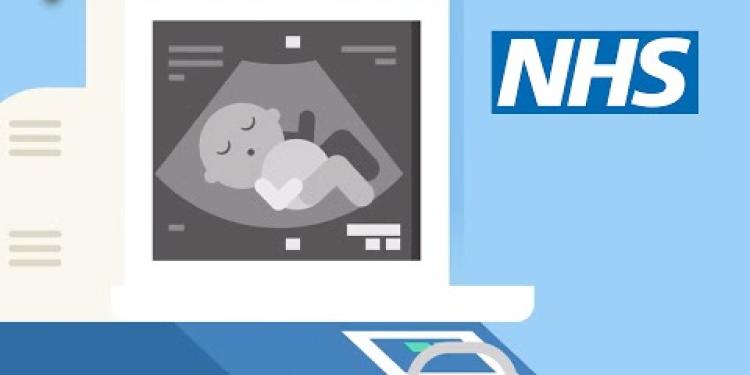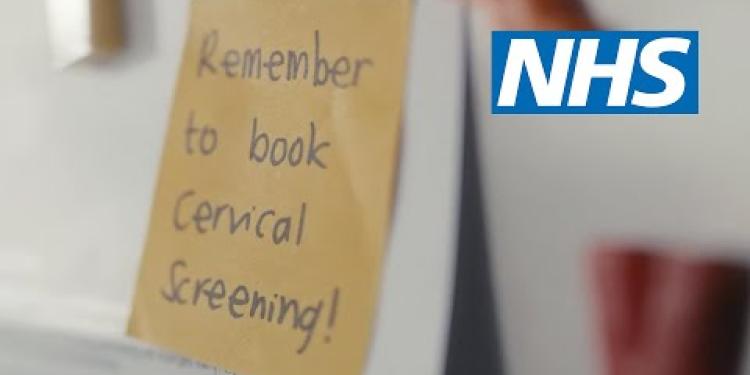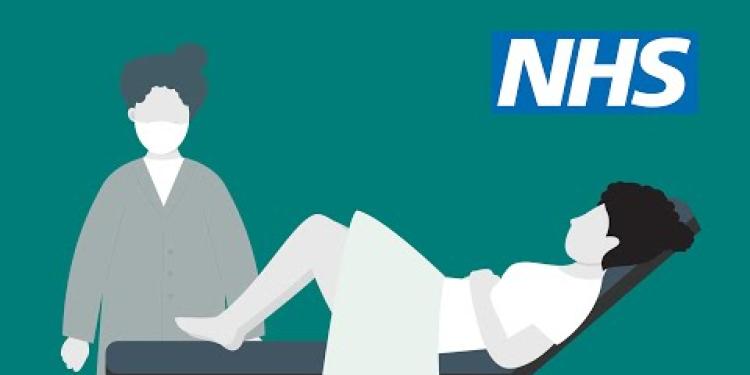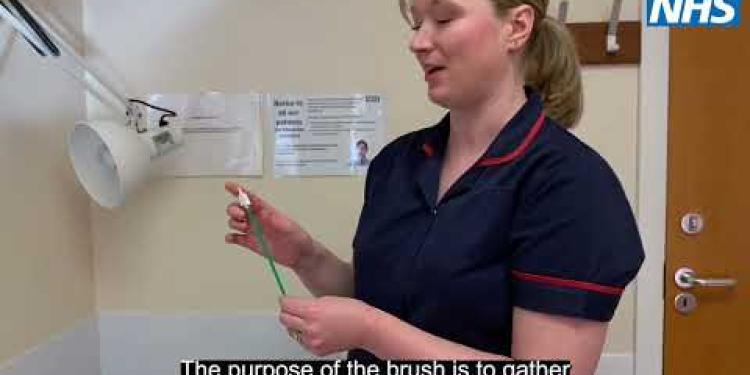Important Information On Using This Service
- Ergsy carefully checks the information in the videos we provide here.
- Videos shown by YouTube after a video has completed have NOT been reviewed by ERGSY.
- To view, click the arrow in the center of the video.
Using Subtitles and Closed Captions
- Most of the videos you find here will have subtitles and/or closed captions available.
- You may need to turn these on and choose your preferred language.
Turn Captions On or Off
- Go to the video you'd like to watch.
- If closed captions (CC) are available, settings will be visible on the bottom right of the video player.
- To turn on captions, click settings.
- To turn off captions, click settings again.
Find A Professional
Videos from Ergsy search
-

Cervical screening: what to expect | NHS
-

Cervical screening for transgender men | NHS
-
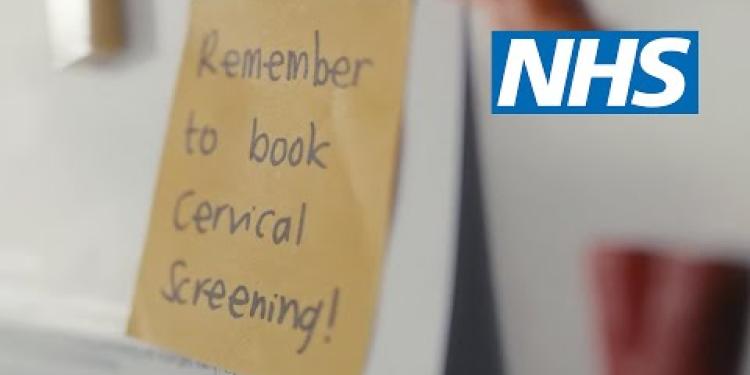
Don’t ignore your cervical screening invite | NHS
-

Cervical screening: Q&A | NHS
-
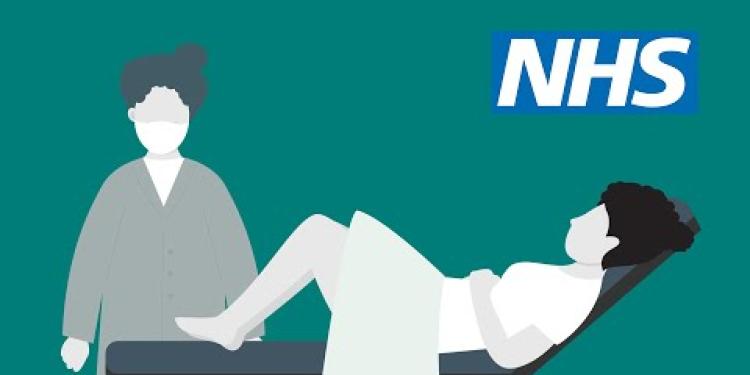
Cervical screening: how it's done | NHS
-

The NHS is #StillHereToHelp with cervical screening
-

Cervical screening: what to expect | NHS
-
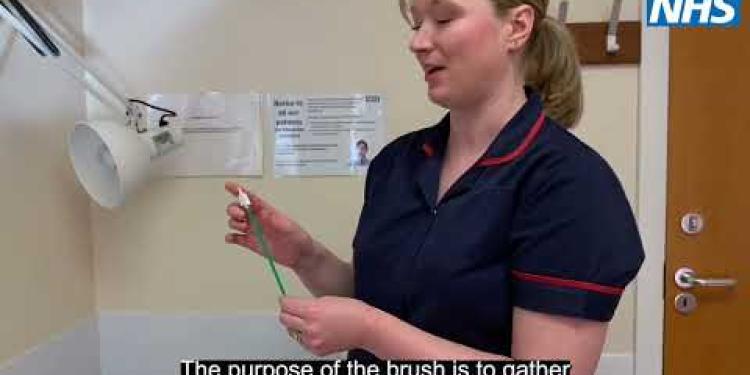
Booked in for your smear test (cervical screening) and not sure what to expect?
-

Cervical screening (smear test) – what’s it all about?
-

Cervical screening for women who have experienced sexual assault | NHS
-

What is cervical screening (smear test)?
-

Accessing cervical screening with the right support for people with a learning disability
More Videos of Interestdiagnosis
What is Cervical Screening (Smear Test)?
Introduction to Cervical Screening
Cervical screening, commonly referred to as a smear test, is a medical procedure aimed at detecting abnormal cells in the cervix. The primary objective of cervical screening is to identify and treat precancerous changes in the cervix before they have the chance to develop into cervical cancer. This process is crucial in reducing the incidence and mortality rates of cervical cancer among women.
Who Should Have Cervical Screening?
In the United Kingdom, cervical screening is offered to women and people with a cervix aged 25 to 64. The NHS sends invitations every three years to those aged 25 to 49 and every five years to those aged 50 to 64. It is important to attend these appointments, even if no symptoms are present, as regular screening can identify abnormal cells early on.
How is Cervical Screening Done?
During a cervical screening appointment, a small sample of cells is taken from the cervix using a soft brush. The procedure is typically quick, lasting only a few minutes, and while it may cause some discomfort, it should not be painful. The sample is then sent to a lab where it is tested for high-risk types of human papillomavirus (HPV) that can cause cervical cell changes. If HPV is found, the sample is further examined for any abnormal cells.
Understanding the Results
The results of cervical screening can take a few weeks to come back. They usually fall into one of the following categories: normal, inadequate (meaning the sample was not clear enough to give a result), HPV negative, or HPV positive with or without abnormal cells. Depending on the outcome, further testing or a follow-up appointment may be required.
Importance of Regular Screening
Regular cervical screening is vital for early detection and prevention of cervical cancer. It is a preventative measure that saves lives by identifying changes before they become cancerous. It is recommended not to delay or skip screenings, even if previous results have been normal, to ensure continued health and well-being.
Frequently Asked Questions
What is cervical screening?
Cervical screening, also known as a smear test, is a method of preventing cancer by detecting and treating early abnormalities in the cervix.
Why is cervical screening important?
Cervical screening is important because it helps detect abnormal cells in the cervix that could develop into cervical cancer if left untreated.
Who should have a cervical screening?
In the UK, women and people with a cervix aged 25 to 64 are invited for cervical screening.
How often should I have a cervical screening?
Women aged 25 to 49 are invited for screening every 3 years, and women aged 50 to 64 are invited every 5 years.
What happens during a cervical screening?
During a cervical screening, a small sample of cells is taken from the cervix using a soft brush. The sample is then tested for high-risk human papillomavirus (HPV) which can lead to changes in cervical cells.
Is a cervical screening painful?
A cervical screening may be uncomfortable but should not be painful. If you experience pain, inform the nurse performing the test.
How do I prepare for a cervical screening?
You don't need to do much to prepare, but it's advisable to avoid scheduling the screening during your period and to wear comfortable clothing.
What do I do if I haven’t been invited for a cervical screening?
If you're eligible and haven't received an invitation, contact your GP to schedule a cervical screening appointment.
What should I expect after a cervical screening?
After the screening, you might experience some light bleeding or spotting, which should stop within a few hours. Your results will be sent to you within 2 weeks.
What do the results of a cervical screening mean?
The results will indicate whether your sample is normal, inadequate, or if you have abnormal cells or high-risk HPV. Your healthcare provider will explain the next steps if your results are abnormal.
Can I still have a cervical screening if I’m pregnant?
Yes, but it might be postponed until 12 weeks after giving birth. Speak with your healthcare provider for guidance.
Does a cervical screening test for STIs?
No, a cervical screening is specifically for detecting abnormal cells in the cervix. Separate tests are required for sexually transmitted infections (STIs).
What happens if abnormal cells are found during cervical screening?
If abnormal cells are found, you may need further tests like a colposcopy. If high-risk HPV is also present, you may require treatment to remove the abnormal cells.
Can I opt out of cervical screening?
Yes, you can opt out by informing your GP or practice nurse, but it is strongly recommended to participate in cervical screening when invited.
Is cervical screening available to transgender men?
Yes, cervical screening is available to transgender men and anyone with a cervix, and it is important for your health. Speak with your GP about your individual needs.
Useful Links
Useful links from: Cervical screening: Q&A | NHS
- NHS - Cervical Screening Overview Provides comprehensive information on cervical screening including what it is, who it's for, and when it's offered.
- Jo's Cervical Cancer Trust - Cervical Screening Offers detailed insights into cervical screening, addressing common questions and concerns that individuals might have.
- Cancer Research UK - Cervical Screening (Smear Test) Explains the cervical screening process, its importance in early detection of cervical cancer, and what to expect during a smear test.
- The Eve Appeal - Cervical Screening Information Focuses on raising awareness of gynaecological cancers and provides specific information about cervical screening.
Useful links from: Cervical screening for transgender men | NHS
- NHS - Cervical screening for transgender and non-binary people Information from the NHS about cervical screening specific to transgender and non-binary individuals, including eligibility and what the process involves.
- Jo's Cervical Cancer Trust - Information for trans men and non-binary people Jo's Cervical Cancer Trust provides detailed information on cervical screening tailored for transgender men and non-binary individuals, addressing common concerns and questions.
- Gendered Intelligence - Cervical Screening Gendered Intelligence offers guidance and support around cervical screening for transgender men and non-binary people, aiming to make the process more inclusive and accessible.
- LGBT Foundation - Trans People and Screening Programs The LGBT Foundation provides resources and support for transgender individuals accessing screening programs, including cervical screening, with an aim to promote inclusivity and health equity.
Useful links from: Don’t ignore your cervical screening invite | NHS
- NHS - Cervical Screening Comprehensive information from the NHS about cervical screening, including how it's done, the benefits, and who is eligible.
- Jo's Cervical Cancer Trust - Cervical Screening (Smear Test) A resource from Jo's Cervical Cancer Trust providing detailed information on cervical screening, addressing common concerns and frequently asked questions.
- Cancer Research UK - Cervical Screening (Smear Test) Cancer Research UK provides insights into cervical screening, its importance in preventing cervical cancer, and what to expect during the procedure.
- NHS - Cervical Screening Leaflet Downloadable leaflet from the NHS offering key details about cervical screening, aimed at helping individuals understand the importance and process of the test.
Useful links from: Cervical screening: how it's done | NHS
- NHS - Cervical screening: How it's done Overview by the NHS on how cervical screening (smear test) is performed, including preparation, the procedure itself, and what to expect afterward.
- Jo's Cervical Cancer Trust - Cervical Screening: The test itself Provided by Jo's Cervical Cancer Trust, this page offers detailed information on what happens during a cervical screening test, helping to alleviate any concerns.
- Cancer Research UK - Cervical screening tests Cancer Research UK provides an in-depth look at the cervical screening test, including how it is done, what the results might mean, and follow-up procedures.
- NHS Inform - Cervical screening NHS Inform's page on cervical screening details the appointment process, preparation tips, the procedure itself, and follow-up information.
Useful links from: The NHS is #StillHereToHelp with cervical screening
- NHS - Cervical Screening Official NHS page providing comprehensive information about cervical screening, including who should get screened, what to expect during the procedure, and results interpretation.
- Jo's Cervical Cancer Trust UK-based charity supporting those affected by cervical cancer and providing extensive resources on cervical screening, including information, support, and guidance.
- Cancer Research UK - Cervical Screening Cancer Research UK's resource page on cervical screening, offering detailed explanations about the screening process, benefits, risks, and FAQs.
- NHS - How to Book a Cervical Screening Appointment NHS guide on how to book a cervical screening appointment, including step-by-step instructions and eligibility criteria.
Useful links from: Cervical screening: what to expect | NHS
- NHS - Cervical screening overview Provides comprehensive information on what cervical screening is, why it's done, who should get it, and how to prepare for your appointment.
- Jo's Cervical Cancer Trust - Cervical Screening Information Offers detailed support and information for women undergoing cervical screening, including what to expect before, during, and after the test.
- Cancer Research UK - Cervical Screening Explains the importance of cervical screening, how the test is performed, and provides statistics and research findings.
- NHS - What happens at cervical screening Details the step-by-step process of what happens during a cervical screening appointment, including tips for feeling more comfortable.
Useful links from: NHSGGC - Cervical Cancer Screening - English
- NHSGGC Cervical Screening The official NHSGGC page providing detailed information on cervical screening, including what the test involves, who is eligible, and how to make an appointment.
- NHS - Cervical Screening The NHS website offers comprehensive information on cervical screening, guidelines for patients, FAQs, and advice on what to expect during the screening.
- Jo's Cervical Cancer Trust Jo's Cervical Cancer Trust provides resources and support for those undergoing cervical screening, including educational materials, personal stories, and an expert helpline.
- Cancer Research UK - Cervical Screening Cancer Research UK's section on cervical screening explains the testing process, benefits and risks, and research developments in cervical cancer prevention and early detection.
Useful links from: Booked in for your smear test (cervical screening) and not sure what to expect?
- NHS - Cervical Screening Comprehensive information on cervical screening, including what it is, who should have it, and what happens during the procedure.
- Jo's Cervical Cancer Trust - What to Expect at Your Smear Test Detailed guidance on what to expect from your cervical screening (smear test) appointment, providing reassurance and practical tips.
- NHS Inform - Cervical Screening Scotland’s health information service providing details on cervical screening, how to prepare, and what the results may mean.
- Cancer Research UK - Cervical Screening Information from Cancer Research UK on cervical screening, including how it can prevent cervical cancer and what to expect during the test.
Useful links from: Cervical screening (smear test) – what’s it all about?
- NHS - Cervical screening overview Comprehensive guide by the NHS covering who should get screened, what happens during cervical screening (a smear test), and how to understand your results.
- Jo's Cervical Cancer Trust - Smear test guide Jo's Cervical Cancer Trust provides an in-depth guide about cervical screening, including what to expect, frequently asked questions, and support for those feeling anxious.
- Cancer Research UK - Cervical screening (smear test) Information from Cancer Research UK about the importance of cervical screening, how it is done, and what the results mean, along with risks and benefits.
- NHS Inform - Cervical screening NHS Inform provides a detailed explanation of cervical screening in Scotland, including why it's important, who should go, and what to expect during the test.
Useful links from: Accessing cervical screening with the right support for people with a learning disability
- NHS - Cervical Screening Comprehensive guide on cervical screening provided by the NHS, including what to expect, why it's important, and how to prepare.
- NHS - Help for People with Learning Disabilities - Cervical Screening NHS resource designed to support people with learning disabilities in understanding and accessing cervical screening services, including easy-read guides and support materials.
- Mencap - Cervical Screening Mencap's dedicated page on cervical screening for women with learning disabilities, offering information, tips, and resources to help them access these important health services.
- Jo's Trust - Accessing Cervical Screening with a Learning Disability Jo's Cervical Cancer Trust provides specific advice and information for women with learning disabilities to overcome barriers to cervical screening, including tailored support and advocacy.
Useful links from: Health Screenings You Should Know About
- NHS Health Check The NHS Health Check is a free health check-up for adults in England aged 40-74. It helps to prevent major health conditions including stroke, kidney disease, heart disease, type 2 diabetes, and dementia.
- Cancer Research UK – Screening Cancer Research UK provides detailed information on different types of cancer screening, explaining their purpose, eligibility, and what to expect during the process. The site aims to raise awareness and knowledge about the importance of early detection.
- Breast Cancer Now – Breast Screening This section on the Breast Cancer Now website offers comprehensive information on breast cancer screening, including the benefits of early detection, how screening works, and what you can expect during a mammogram.
- Diabetes UK – Screening for Diabetes Diabetes UK provides information on the importance of screening for type 2 diabetes, including details on risk factors, the screening process, and the steps you can take to lower your risk of developing the condition.
More Videos of Interestdiagnosis
Have you found an error, or do you have a link or some information you would like to share? Please let us know using the form below.
- Ergsy carfully checks the information in the videos we provide here.
- Videos shown by Youtube after a video has completed, have NOT been reviewed by ERGSY.
- To view, click the arrow in centre of video.
- Most of the videos you find here will have subtitles and/or closed captions available.
- You may need to turn these on, and choose your preferred language.
- Go to the video you'd like to watch.
- If closed captions (CC) are available, settings will be visible on the bottom right of the video player.
- To turn on Captions, click settings .
- To turn off Captions, click settings again.
